For centuries, food has been a conduit to human interconnection through which nourishment is merely a bonus. Social gatherings, celebrations and even times of mourning all conjure excuses to bring forth food for comfort, enlightenment or communion.
It is only natural, then, that when Wafdia Ibrahim and her daughter Tahani Alajil, now 26, fled Syria they left behind a life to which they could never truly return – but they brought their family’s collection of recipes and with it an unbreakable bond to the life they loved. The book traveled with them from their former home in Homs, Syria, to a three-year stay in Jordan and then to Houston where they arrived on June 6, 2015.
In a beautiful effort to connect with others they began to teach cooking classes to local women, proving that a language barrier is no match for the conversation of a shared meal and an evening of making memories.
As with many good things, the fruition of such an endeavor began with a friendship, this time with Chloe Krane, an advocate from Refugee Services of Texas (RST). The family was paired with Krane after their placement in Houston, a city chosen for of its ability to house and support refugees. Krane felt an immediate bond with the women and over time developed a close friendship with them as she guided their adjustment to life in Houston.
The women returned Krane’s kindness with hospitality. They invited her to their family’s modest two-bedroom apartment in Sharpstown to dine with them during her regular visits. “I used to be a TV producer and spent many years living in the Middle East,” says Krane, “so I’ve eaten a lot of Arabic food in my time. But I quickly realized that Wafdia and her daughter’s cooking is exceptional.”
It was after one of these visits that Krane put two and two together: Why not encourage the women to share their talents in cooking lessons, thereby providing an outlet for social engagement and also educating Houstonians to the world of Syrian cooking? The idea was instantly embraced by Wafdia and Tahani, and several months later they taught their first class in the home of one of Krane’s friends. Two more classes soon followed.
While Wafdia has no background in professional cooking, she did run a family produce market in Syria for 10 years. She cut her culinary teeth as a child cooking for her mother and sisters; her father died when she was young, and Wafdia took on the role of homemaker to allow her mother to work outside the home.
Her knowledge of cooking came from her mother and other women relatives, in addition to her own personal discoveries. When she left home to marry at age 15 she was well equipped to support a houseful of hungry eaters that would grow to a family of eight, including her husband Khalaf and six children, who today range in age from 2 to 31.
Daughter Tahani worked as a chef in a small Syrian restaurant in Homs, supervising several others, and retains that level of proficiency and passion in the classes. She says teaching taught her to be more patient than she had been in her work kitchen, and it also gave her a chance to practice her English in a safe place. “I felt like I was with my family and cooking with my family because they were just really nice people,” Tahani says of the women in the Houston classes.
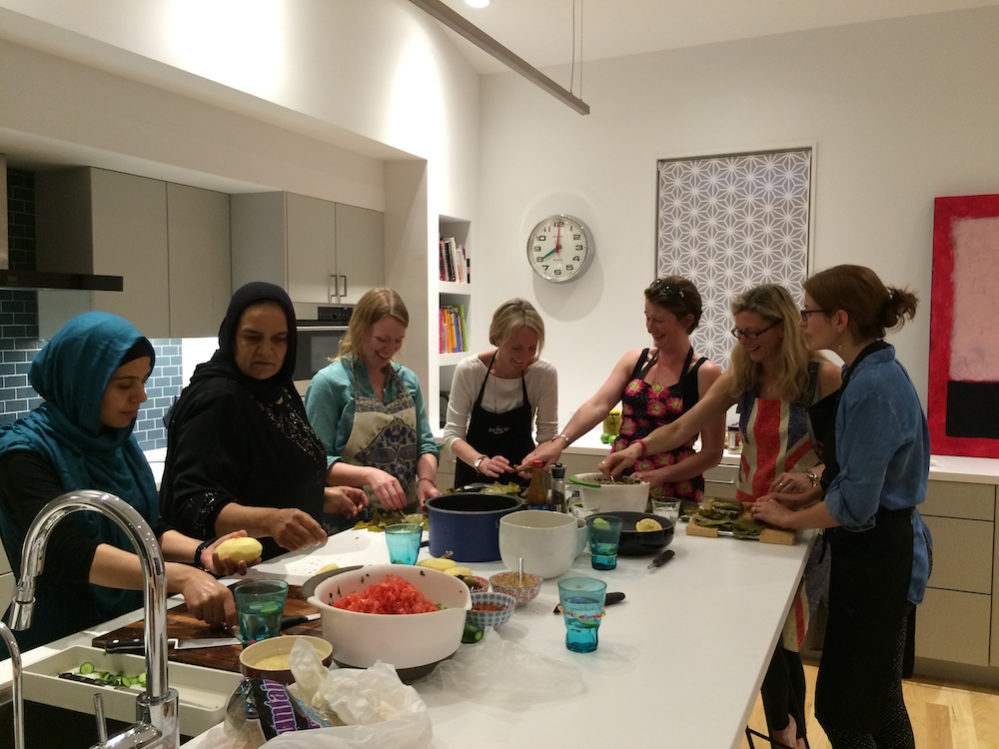
Photo courtesy of Chloe Krane
“You don’t feel like you are not in your home, you don’t feel loneliness.” She adds that it was fun to watch the women’s interest in the cooking and their excitement with successful completion of the dishes, and she hopes to continue the classes in her new home in Pennsylvania where she recently relocated. Might a cookbook be in her future? “Why not?” she replies with a smile, referencing the family compilation she brought with her from Syria. Her sunny personality lights up the room, even from our video call, and it’s easy to see why she’s such a good teacher.
Initially, the class was intended to be a demonstration-style event with a somewhat formal experience of watching, cooking and taking food home. Over time, however, the evenings morphed into gatherings that began at the stove and ended at the table, with everyone visiting and talking and eating the fruits of their labors.
The first class was held at the home of Wendy McKay, followed by the homes of Helen Read and Sophy Ashworth – all expats from the U.K. It’s clear from talking with the women that their participation provided a plethora of benefits, starting with getting out of one’s kitchen comfort zone. “We cooked a banquet and it was absolutely fantastic,” says Ashworth, describing how Wafdia showed herself to be an ambitious leader, moving her students along at a remarkable pace that resulted in an impressive output of dishes in just a couple hours.
With her warm demeanor and demonstrative gestures, Wafdia efficiently guided the women as they prepared tabouli, stuffed vine leaves (“I never would have attempted those on my own,” says McKay with a laugh), lentils and babaganoush from freshly grilled eggplant. Her gracious personality and ready laughter put everyone at ease – don’t be fooled by her austere look in the photos – while her competence at the cutting board provided education at every turn.
One of the lessons that impressed all of the women was the introduction to cooking familiar ingredients in new combinations and from scratch. Take, for example, the “bunches of parsley” gathered for one class – seven bunches to be precise – and the therapeutic aroma of fresh herbs and citrus mingling together. “It’s all very, very fresh. When you’re chopping the herbs and squeezing the lemons everywhere, it’s a lovely way to cook,” says Ashworth.
Learning how to grind chickpeas in a meat grinder, stuffing the seasoned mixture into a specialized “falafel maker scoop” and dropping the batter into bubbling safflower oil, which itself was reused later for frying homemade chips was another revelation. (Find your own falafel maker locally at Phoenicia Specialty Foods or online.)
“You know, you can buy falafel and you can buy falafel packets,” says Ashworth. “But doing it from scratch is a major difference.” She added that part of the learning is in educating your palate to better understand the food. Students learned about the marvelous ingredient of pomegranate molasses, adding it to just about everything – “we sloshed it around everywhere” – someone commented, and appreciated the nuances of cooking together with other women.
Another realization was that despite coming from very different backgrounds, their similarities outweighed their differences. They could empathize with the challenge of feeding children with selective palates, for example, or preparing healthful food for large families. All of the students remarked that their children embraced the flavors and textures of the new dishes when the women made them later at home.
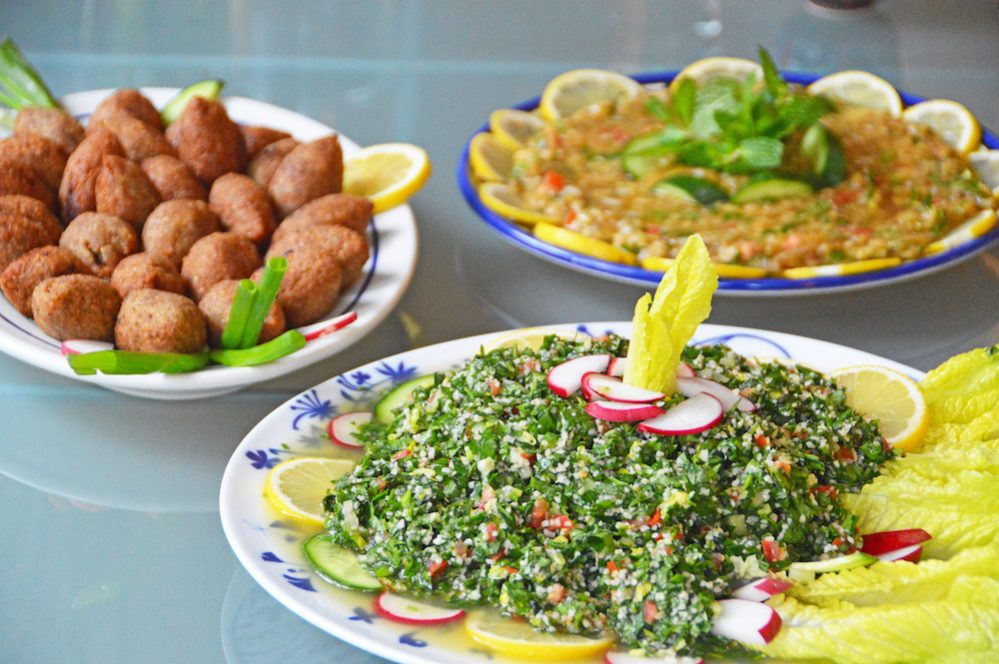
A few of the dishes made in Wafdia’s cooking classes. Photo by Ellie Sharp
In their recipes, Wafdia and Tahani focus on the flavors of Homs, where they say fresh fruits and vegetables form the basis for their cooking along with herbs, garlic, safflower and olive oils, bulgur, dried beans and lentils. “I try to teach them the Eastern way,” says Wafdia, speaking through a translator. “I am very happy to share what I have learned in my home country and to transfer it to women here.”
Tahani explains that Syrian cooking is very easy, very simple and uses light, delicate herbs. She prefers to use three ingredients or less when possible, and both she and Wafdia avoid processed food, opting for homemade versions of whatever is available in stores or at restaurants. Locally, she shops in two Middle Eastern grocery stores, Jerusalem Halal Meats and Mecca Halal Meat & Supermarket, both on Hillcroft.
Back home they would dry or can the produce during peak season to save through the winter. “One of the things I love,” says Krane, “is that even though they have a limited budget the food is always homemade, really fresh. It’s impressive how healthy food can be when you have a little bit of knowledge and the ability to put food together.” That’s something any cook can appreciate, large family or not.
Though the primary purpose of a kitchen is to provide a space for preparing sustenance, it so often happens that nourishment goes beyond the literal transfer of nutrition to instead fulfill a greater purpose of tempering one’s soul while offering a connection to people, places and memories. Perhaps this is too lofty an expectation for these cooking classes, and perhaps not. Regardless, it’s hard to go wrong with a hot meal shared among friends – and sometimes, that’s really all you need.
Those interested in hosting a cooking class can contact Chloe Krane at groupforwomen@gmail.com
This story originally appeared in issue #137 of My Table magazine

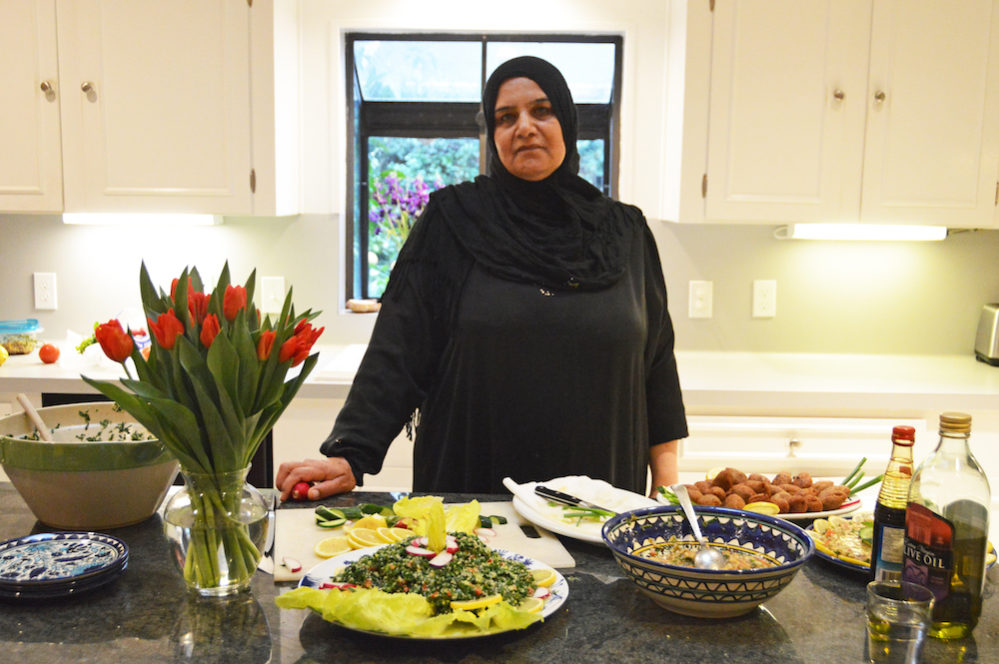

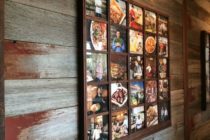


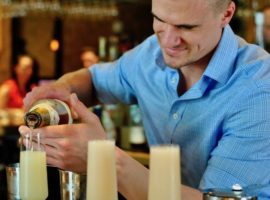
Follow Us